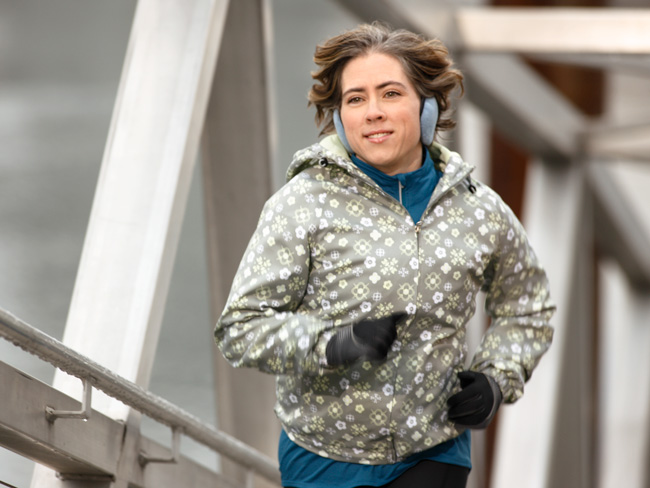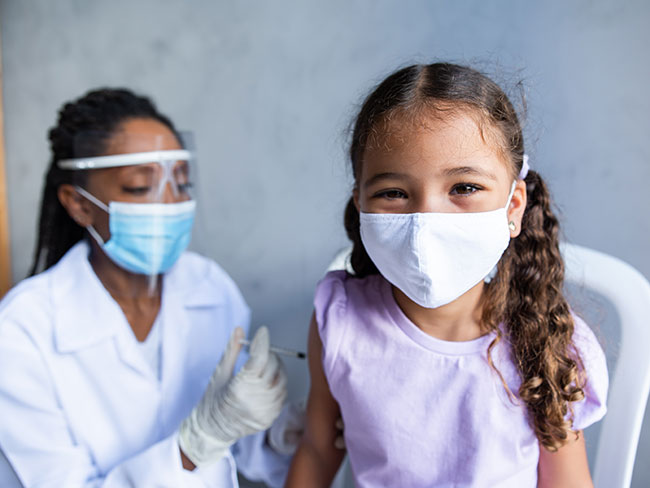Hello spring and seasonal allergies
Allergies affect over 50 million Americans each year. We share tips to reduce exposure and get relief during springtime allergy season.
Pollen grains from trees, grasses, and weeds in spring are a common cause of seasonal allergies.
Spring is here, but for allergy sufferers in California, it's not all sunshine and rainbows. The heavy rains we’ve experienced in 2023 have fueled increased vegetation growth, leading to what’s expected to be a higher amount of plant pollen — the most common source of seasonal allergies.
“It appears that more people are already struggling with their allergies,” said Salima Thobani, MD, an allergist-immunologist with Kaiser Permanente in Southern California. “Things are likely to be worse this season due to the very wet winter that we've had.”
Prevalence of allergies
According to the Asthma and Allergy Foundation of America, more than 50 million Americans suffer from allergies each year, and allergies are the sixth-leading cause of chronic illnesses in the country. Seasonal allergies are especially common in the U.S., with roughly 19% of children and over 25% of adults experiencing them, according to the Centers for Disease Control and Prevention.
With the arrival of spring, Dr. Thobani noted that allergies are likely to increase as the weather gets warmer and drier. That’s because trees, grasses, and weeds will release tiny grains into the air to fertilize other plants, and as we breathe them in, people who have allergies are likely to suffer, she explained.
Allergy sufferers may experience a range of symptoms, including sneezing, itchy eyes, runny nose, headaches, fatigue, sore throat, congestion, and coughing. Pollen can trigger other health conditions, including asthma and wheezing.
How to get relief from allergies
Dr. Thobani offers 5 helpful tips to help allergy sufferers reduce their symptoms and exposure to pollen:
- Keep house and car windows closed and use your air conditioning.
- Plan your outdoor activities to avoid high pollen counts that occur during midday or afternoons.
- Wear a pollen mask or dust mask when pollen counts are high or during outdoor activities such as mowing the lawn.
- Rinse eyes with cool water or saline eyedrops to remove clinging pollen after coming indoors.
- Shower and change clothes after outdoor activities.
While there’s no cure for seasonal allergies, Dr. Thobani notes that over-the-counter medications, such as antihistamines and nasal steroids, can provide relief and help you breathe a little easier. Learn more about over-the-counter medicines for allergies.
Kaiser Permanente offers important information about allergies. Managing allergies can make you feel a lot better and still allow you to enjoy the fresh air and beautiful blooming flowers of spring to the fullest.








